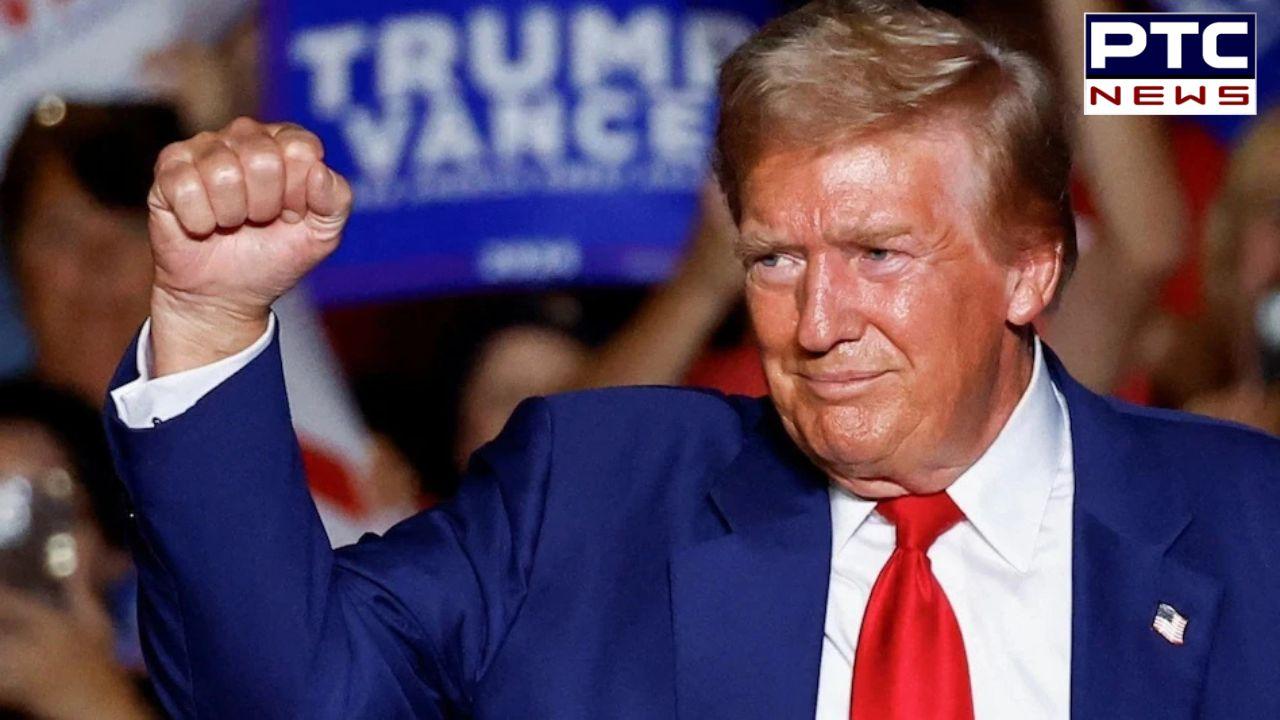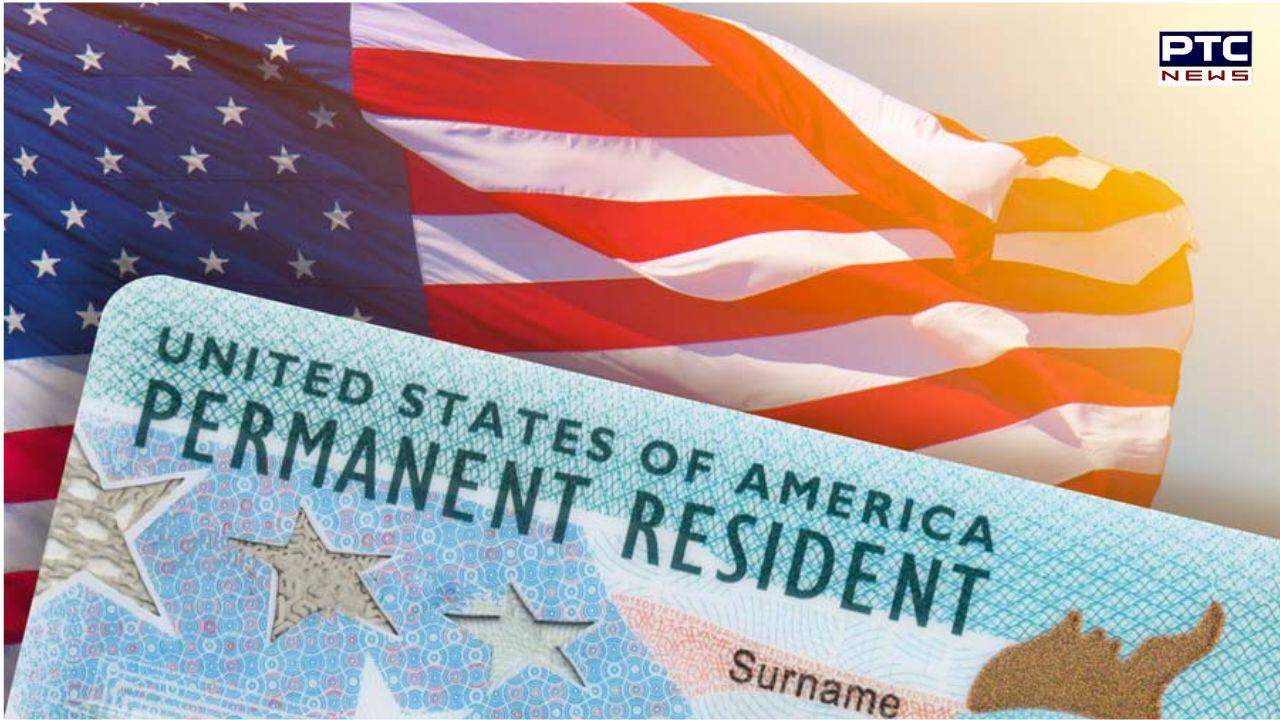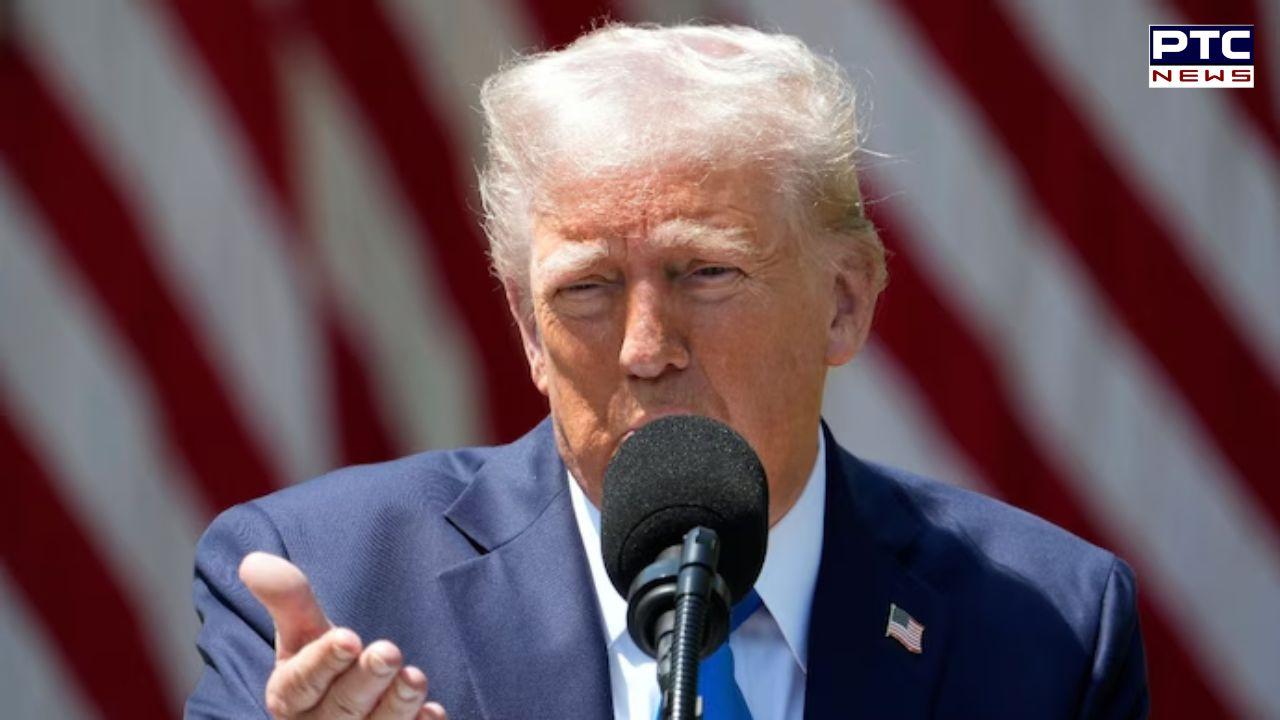Trumps Day 1 immigration plan may affect millions of Indian-American families; know how
Naturalised citizenship refers to people gaining citizenship either by birth in the country or through the formal legal process

PTC Web Desk: Donald Trump and JD Vance’s campaign promises regarding immigration have become a significant source of concern for immigrants, particularly within the Indian-American community. These concerns stem from proposed changes that may jeopardise the future citizenship status of children born to immigrant parents in the US. The campaign pledge, which Trump and Vance aim to execute on “Day 1” of their administration, involves limiting naturalised citizenship.
Naturalised citizenship refers to people gaining citizenship either by birth in the country or through the formal legal process. Under Donald Trump’s proposed executive order, only children born to at least one US citizen or lawful permanent resident would be granted automatic citizenship. This move marks a significant shift from the existing framework that allows any child born on US soil to be recognised as a citizen under the 14th Amendment of the US Constitution.
During his campaign, Trump repeatedly emphasised plans to enforce strict immigration policies. At numerous rallies, he vowed to initiate the largest deportation effort in American history and implement sweeping changes affecting both illegal and legal immigration processes. The draft of this executive order, available on Trump’s campaign website, outlines measures for federal agencies to enforce citizenship restrictions.
These potential changes pose serious implications, especially for the Indian-American community, which numbers approximately 4.8 million, according to Pew Research's analysis of the 2022 US Census. Within this group, around 1.6 million are naturalised US citizens. Additionally, the employment-based green card backlog has been a longstanding issue, with over 1 million applicants waiting, many of whom are from India. The current estimated wait time for green card approval surpasses 50 years, suggesting that many applicants may never achieve US citizenship in their lifetimes.
This backlog has dire consequences. More than half a million young immigrants who initially moved to the US for higher education or employment face a stark future: many might die before obtaining citizenship. Furthermore, close to a quarter-million children awaiting permanent residency will likely age out of eligibility once they reach 21. Without an alternate visa, such as a student visa, they could become undocumented immigrants.
Legal experts predict that Trump’s planned executive order will face significant judicial scrutiny due to its potential conflict with the US Constitution. The 14th Amendment’s Section 1 explicitly states: “All persons born or naturalised in the United States, and subject to the jurisdiction thereof, are citizens of the United States and of the State wherein they reside.” This amendment further safeguards citizens’ rights by prohibiting laws that infringe on the privileges of US citizens or deny them due process and equal protection under the law.


